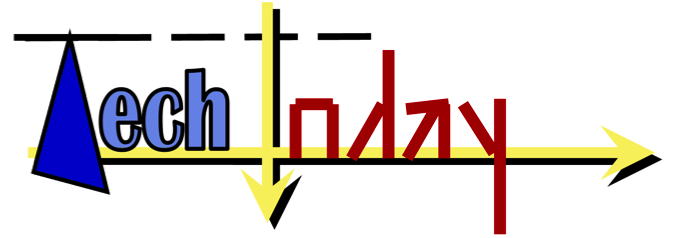ARTICLE AD
Disaster security and data recovery are also more reliable in the cloud, he adds. “With companies such as Microsoft, their security systems are robust. We contract with them because we know that they’re going to do it right.”
Today, with Epic in the cloud, Cone Health is seeing significant cost savings associated with its reduction in on-premises infrastructure. The IT team spends less time on rote tasks such as server maintenance and networking, instead devoting more resources to technological innovation.
For example, the organization is now using software enhanced with artificial intelligence and machine learning to read digital films and automatically forward findings to clinicians.
“It allows doctors to say during an appointment, ‘OK, this is everything we have, and this is what we’re going to do next,’” Nanda says. “It’s putting all the information that physicians need at their fingertips.”
Directing Data Where and When It’s Needed
Healthcare deals with valuable clinical data, and one of the biggest challenges for health systems lies in delivering it to providers where and when they need it. The solution entails a strategy similar to Nanda’s at Cone Health: Start with a proven EHR system, then look to other technologies to help clinicians get the most out of it.
“It’s about having the right data at the right place at the right time,” says Mutaz Shegewi, research director in IDC’s Provider IT Transformation Strategies division.
As data repositories, EHRs “can be very loaded systems with tons of records and information,” he says. “But clinicians only need what’s most pertinent to their patients, and they need to be able to get to it quickly.”
The good news, Shegewi continues, is that clinical analytics and generative AI tools are now being integrated into EHRs to make them more useful at the point of care. He also highlights the cloud as a “game changer” for EHR technology, “both because it allows for scalable storage and because it’s critical to accessing data efficiently and securely.”
One healthcare leader who knows that well is LCMC Health Interim CTO Austin Park.

 1 year ago
76
1 year ago
76 

